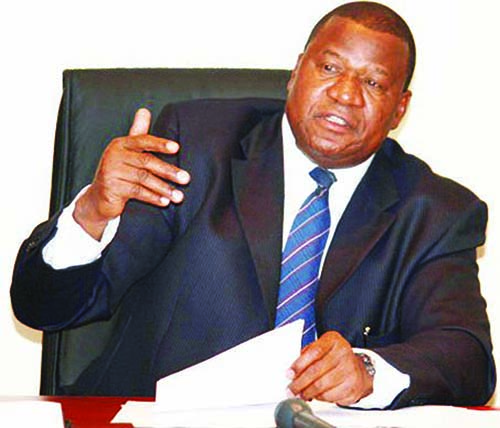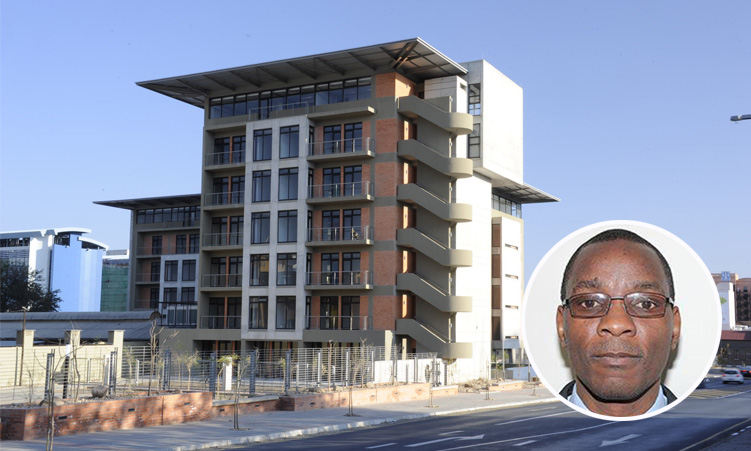… Kavango East, West regions last submitted in 2018/2019
Erongo, Omaheke, Kavango East and Kavango West are among the 10 regional councils that have failed to submit financial statements since 2019/2020.
This was revealed yesterday by the Office of the Auditor General director for accrual audits Blessing Nyandoro.
“We have 27 outstanding financial statements which are not submitted by the regional councils.”
Nyandoro was speaking at a decentralisation consultative forum on the audit performance of regional councils held at Swakopmund.
“Some have been owing us for four years, [and] they have not submitted statements.”
Nyandoro noted that Omusati, Oshikoto, Zambezi and Khomas have continuously submitted their financial books since the 2015/2016 financial year.
Over the past five years, the auditors have dished out 43 adverse audit opinions, indicating disagreement with the truth and fairness of submitted financial statements. They also gave 13 disclaimers, indicating that a significant amount of evidence was missing, while 12 qualified audit opinions were given.
“As auditors, we do not enjoy giving you an adverse [audit opinion]. We do not enjoy giving you a qualified [audit opinion]. We have talked to you, we have sent you a management letter,” he said.
He said chief regional officers (CROs) fail to meet auditors or delegate engagements.
“When the report comes, the first thing you see is a call from the CROs saying ‘how did this happen’.”
He said CROs should engage with them during exit meetings to iron matters out.
The lack of submission of audit reports has also been identified as a challenge by the Ministry of Urban and Rural Development.

“Non-compliance with certain provisions of the policy and act, accountability e.g. [result in] qualified audit reports,” said the ministry’s director of decentralisation coordination Godwin Sikabongo.
He recommended stronger accountability from the regional councils.
“Strengthening financial management and accountability systems at sub-national government level to ensure optimal execution of decentralised functions and use of linked resources.”
Moreover, the Ministry of Urban and Rural Development presented at the decentralisation consultative forum that a lack of money stalled the decentralisation plans of the government.
The government adopted the Decentralisation Policy in 1997, with the aim of giving regional councils and local authorities social and economic power to realise national ideas and values.
“Limited financial resources resulting from, among others, economic factors hamper the optimal performance of decentralised functions,” said Sikabongo.
National Planning Commission national development adviser Peya Mushelenga said the slow pace of the government’s decentralisation efforts are due to poor political will and inadequate funding.
Mushelenga was speaking on regional development planning and strategic planning.
“There seems to be an existing weaker cooperation at all levels. From the national to regional to local level. There is a call for us to strengthen cooperation.”
Ministers like John Mutorwa have also bemoaned the pace of the decentralisation programme. Furthermore, urban and rural development minister Erastus Uutoni has called on regional council leaders to be professional and accountable in their management and decentralisation efforts.
“I would like to once again call upon regional councils’ leadership, both technical and political, to lead their institutions and manage decentralised responsibilities with diligence and by applying principles of good governance, namely professionalism, accountability and transparency, at all times.”
The ministry has commissioned a study through an independent consultancy to assess the national status of the implementation of the decentralisation policy as per the Harambee Prosperity Plan II, expected to be completed in the third quarter of the 2024/2025 financial year.
“The consultants are currently in the field. I encourage you to provide them with your support and cooperation as they come to your respective regions and institutions.”
Stay informed with The Namibian – your source for credible journalism. Get in-depth reporting and opinions for
only N$85 a month. Invest in journalism, invest in democracy –
Subscribe Now!






